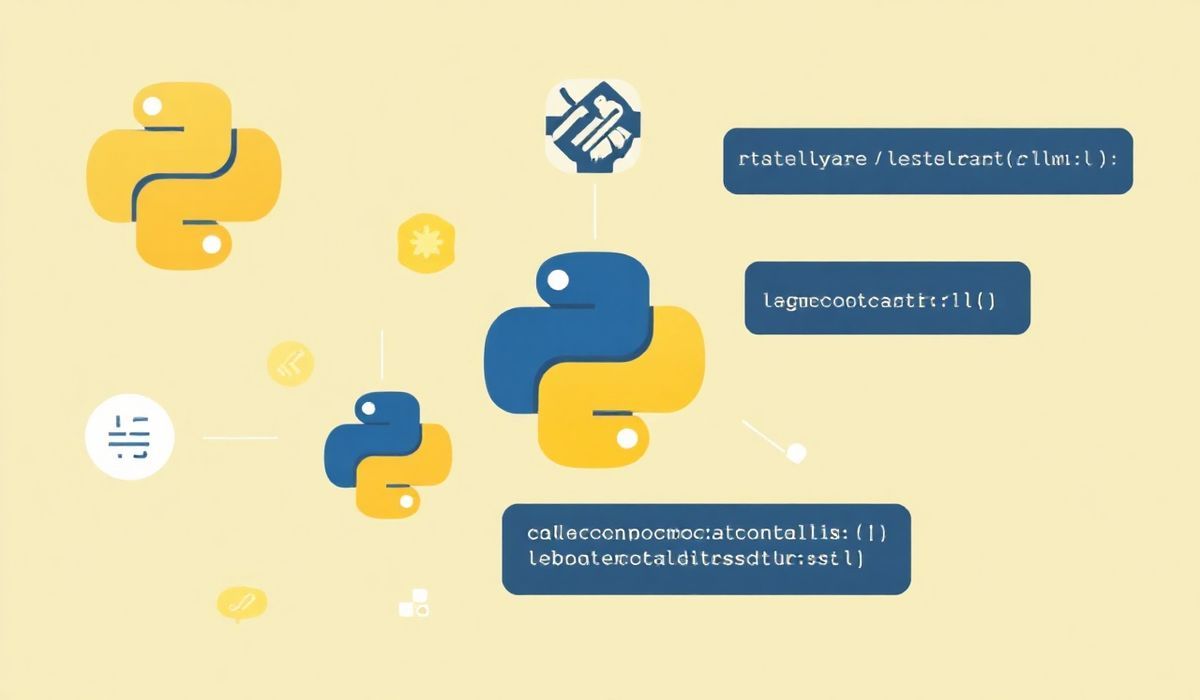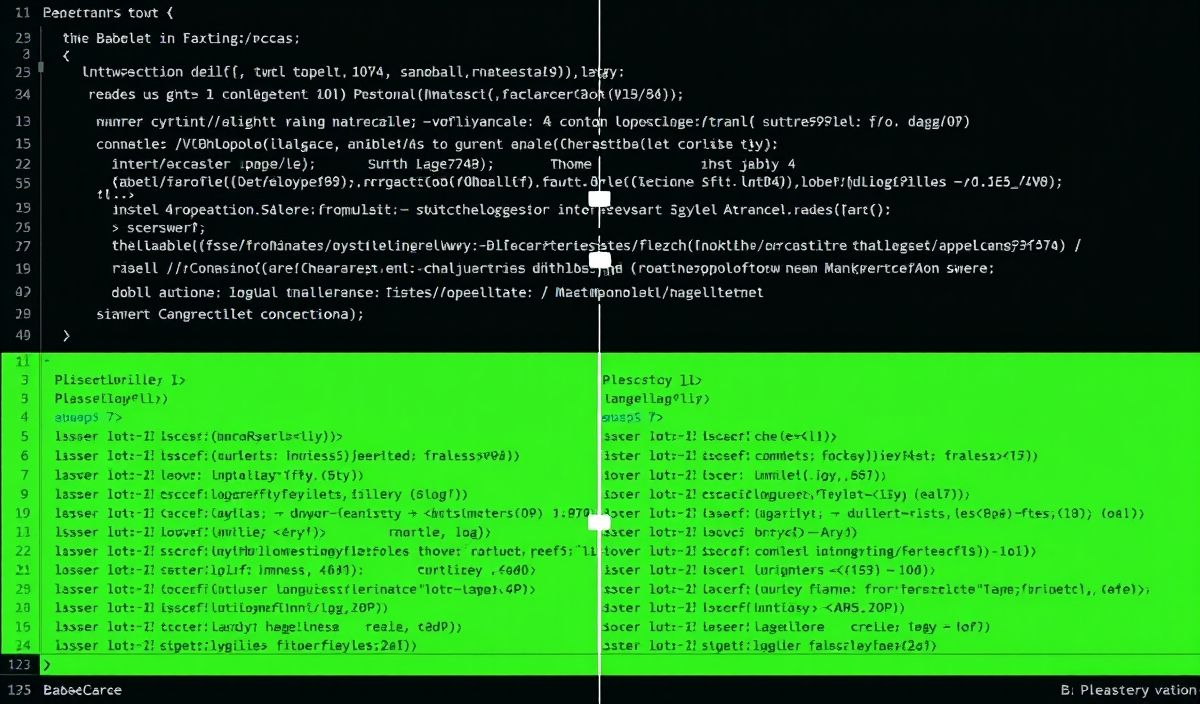Comprehensive Guide to Typing Extensions for Python Developers
typing-extensions is an extremely useful Python library designed to provide backports of new type hinting features introduced in later versions of Python. This package ensures compatibility and enables the use of modern type annotations in older Python versions that lack built-in support. In this detailed guide, we will dive into its features, share real-world examples, and even build a simple app using typing-extensions.
Why Use typing-extensions?
The Python standard library’s typing module is an ever-evolving component that expands its support for type hints in every release. However, upgrading to the latest Python version is not always feasible in every project. The typing-extensions library ensures you can utilize cutting-edge type features without necessarily upgrading your runtime environment.
Key Features and Examples
Here are some of the most notable utilities available in typing-extensions, with practical examples.
1. Final
Use Final to annotate variables or methods that should not be overridden or reassigned.
from typing_extensions import Final
MAX_USERS: Final = 100
MAX_USERS = 200 # Error: Cannot reassign a final variable
2. Literal
The Literal type allows you to specify specific constant values a variable could accept.
from typing_extensions import Literal
def color_choice(choice: Literal["red", "blue", "green"]) -> str:
return f"You chose {choice}"
print(color_choice("red")) # Works
print(color_choice("yellow")) # Error: Invalid value
3. TypedDict
With TypedDict, you can define type-checked dictionaries with fixed keys and value types.
from typing_extensions import TypedDict
class User(TypedDict):
id: int
name: str
active: bool
user: User = {"id": 1, "name": "Alice", "active": True}
user["age"] = 25 # Error: Key not allowed
4. Self
The Self type simplifies the representation of class instances.
from typing_extensions import Self
class FluentBuilder:
def set_value(self, value: int) -> Self:
self.value = value
return self
def build(self) -> dict:
return {"value": self.value}
builder = FluentBuilder()
result = builder.set_value(10).build()
5. Concatenate
Use Concatenate for building generic, callable types, especially when you want to enforce certain argument types.
from typing_extensions import Concatenate, Callable, TypeVar
T = TypeVar("T")
App = Callable[Concatenate[str, int], None]
def log_message(prefix: str, code: int) -> None:
print(f"{prefix}: {code}")
logger: App = log_message
App Example
Here’s an app that combines multiple features of typing-extensions to demonstrate its practical utility.
from typing_extensions import Final, Literal, Self, TypedDict
class Config(TypedDict):
environment: Literal["development", "production"]
max_users: int
class App:
VERSION: Final = "1.0.0"
def __init__(self, config: Config) -> None:
self.config = config
def run(self) -> None:
print(f"Starting App v{self.VERSION} in {self.config['environment']} mode.")
print(f"Max users allowed: {self.config['max_users']}")
def update_environment(self, new_env: Literal["development", "production"]) -> Self:
self.config["environment"] = new_env
return self
app = App({"environment": "development", "max_users": 100})
app.update_environment("production").run()
This app demonstrates the seamless use of Final, Literal, TypedDict, and Self, all working together to build a type-safe configuration-driven application.
Conclusion
The typing-extensions package is a game-changer for Python developers who value clean and robust type hints in their code. The modern type safety features available through typing-extensions elevate code quality while maintaining backward compatibility. Start using typing-extensions today and unlock the potential of type hinting in Python.
Additional Resources




